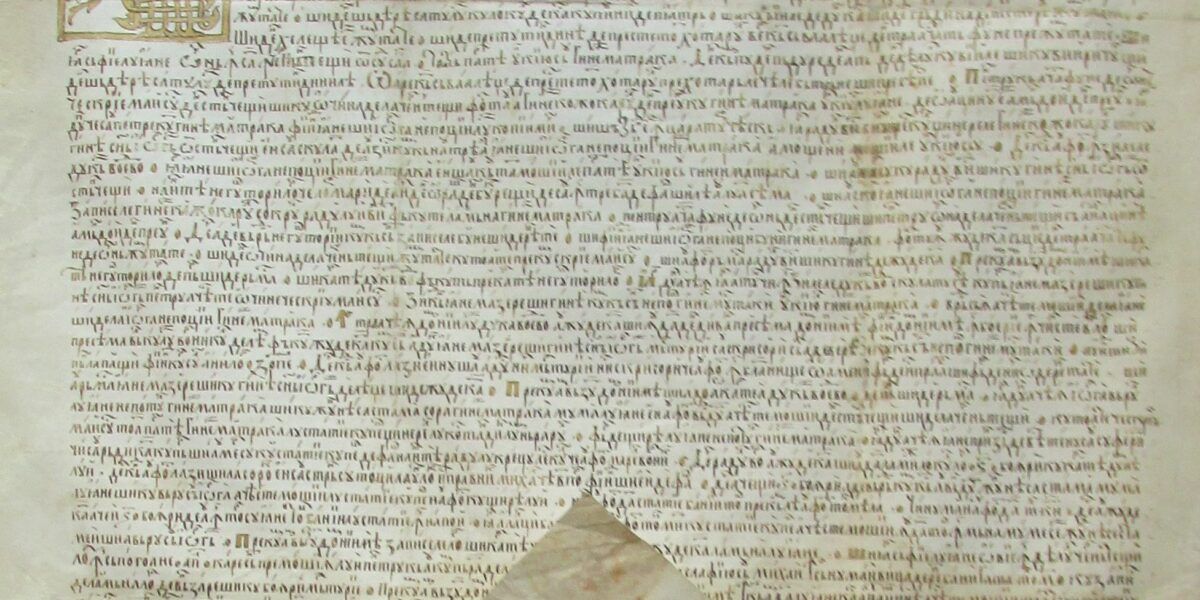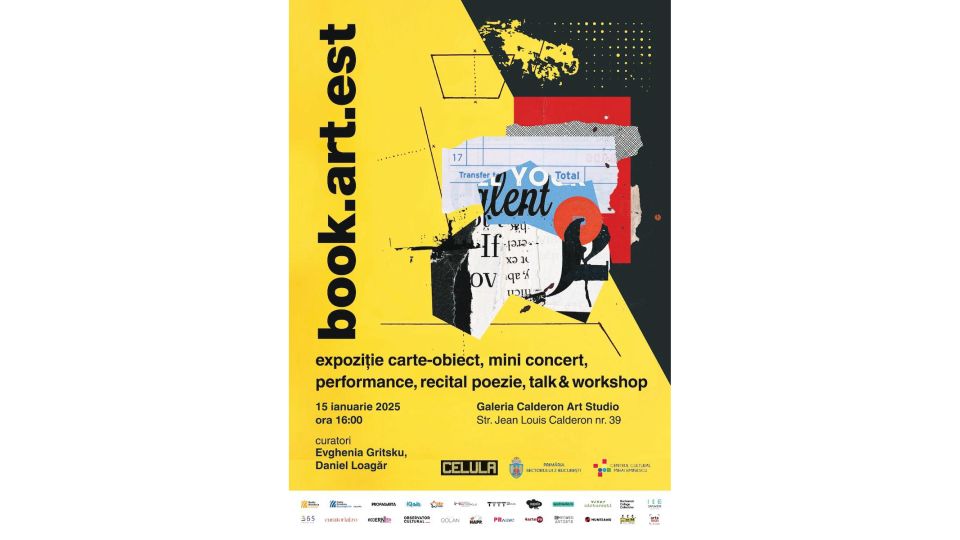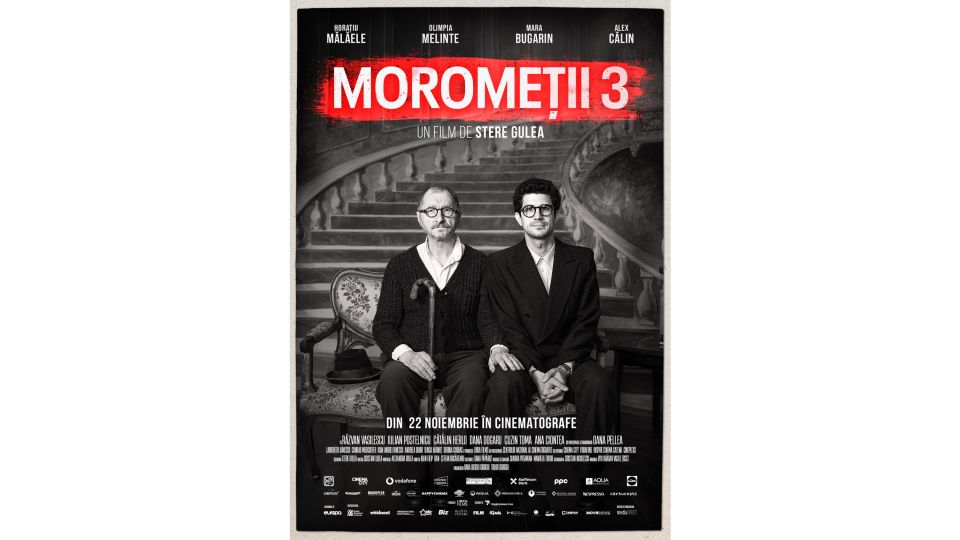What’s drawing audiences to theatre today?
A special relation has emerged between theatre and the public in Sibiu.

Luana Pleşea, 08.09.2018, 12:00
The relationship between theatre and the public in Sibiu has had a fine and intense progression in time since 2007, when Sibiu was the European Capital of Culture. Each season, the “Radu Stanca National Theatre comes up with a great number of premieres, some of which being jointly staged with the Theatre Faculty in Sibiu. Eight of the most recent productions were staged in late March, in a micro-season thought out to promote theatre among critics and journalists, but also among theatre goers across the country.
In a bid to keep theatre goers faithful, the National Theatre in Sibiu has come up with several themes for its public, which in recent years has become more and more competent, developing an increasingly refined critical acumen. Here are some of these themes. Bertold Brechts “The Good person of Szechwan, stage-directed by Anca Bradu, is one of the ongoing seasons premieres. The play has launched off a topical question: what does it mean to be kind? In a world riddled with poverty, corruption, vulgarity and savagery, a prostitute has been chosen to restore the world its balance, by the three travelling gods who set out on a quest of the regenerating good. The leading role features Diana Fufezan, one of the most highly-acclaimed actresses of the “Radu Stanca Theatre:
The text raises many questions. The key question is what it means to be kind. Its about doing good deeds because that‘s how it works, because thats what youre asked to do, or its about doing good because thats how you feel about it, and just do it, even when you feel down sometimes. Yet the others should be fine, notwithstanding. Or you should share with the others the little that you have, so that the others may live, too. And whenever the others oppress you, you should remain a kind person. That is the big question: what does it mean to be kind or stay a kind person?
Diana Fufezan is very familiar with theatre goers in Sibiu, so we asked her to what extent she believed the public may take an interest in such a theme. Diana Fufezan: “Its quite okay to come to the theatre and just laugh, just relax…That is wonderful, and I like comedies. But I also think it is okay to have the courage to ask yourself some questions. And, when you get home before you fall asleep, maybe you can find an answer, maybe not, but at least you have food for thought. And I think the public in Sibiu is simply wonderful. I’m saying that judging by their reactions and the way they come to the theatre. And the love they welcome us with, no matter what show they come to see, I feel is just about the same, and for that I feel happy and I want to thank them. I think they come to a wide variety of shows and they got used to a great diversity, and they keep coming to all to see all the shows. Its true that, speaking about kindness, the themes of ‘The Good Person of Szechwan are so topical to our time, our country, the world we live in.
Now that we’ve spoken about kindness, religion and the way we relate to it make up the major theme of the play titled “10, written by Csaba Szekely and stage-directed by Radu Nica, as part of the European project “Be SpectACTive!. The Ten Commandments of the Old Testament are the pretext for the construction of ten contemporary stories. According to playwright Csaba Szekely, “the play captures the characters in both ordinary and exceptional circumstances. Each moral decision made by one of the characters has a major impact on the life of the next character. Stage director Radu Nica has been concerned with religion for some time now. With details on that, here is Radu Nica himself:
“What I intend to do with the show is to try to make everyone rethink the relationship they have with religion. I think such a discussion is topical in Romania, just like talks about the Peoples Salvation Cathedral and religion as a compulsory subject in school curricula…I hope the show will have an impact on people and they will get more lucid and not only more emotional. But I would like people to think again if they have anything to do with those commandments any longer, today. Therefore, I think this show is quite appropriate for the Romanian public and even for foreign audiences. It somehow comes as a fresco of todays Romanian society, through those lenses, those of the Ten Commandments. “
Stage-director Radu Nica is a native of Sibiu; he has worked with the actors of the “Radu Stanca Theatre a lot, is very familiar with Sibius theatre goers and takes a keen interest in the publics reactions to the show. Radu Nica:
Sibiu is hosting the Metropolitan Bishopric of Transylvania. Here, the church plays an important role in society, too. I dont want to lash out at that institution, but just like any other state institution, I think it should be carefully watched by citizens, so that it may not enter the ‘abuse area. The moment you feel there is no monitoring, you can allow yourself to do everything. And if you go over the top, that needs to be contained somehow.
Also as part of the micro-season at National Theatre in Sibiu, the young stage director Botond Nagy has invited the audience to what he called a “techno-poetic installation, after Henrik Ibsens “Hedda Gabler. Botond Nagy has developed an interest in the Scandinavian universe and believes Hedda Gabler is one of the most beautiful and elaborated, very humane characters. Botond Nagy:
“Were in a happy situation, as Ibsen has created a world with an abundance of themes. Apart from the anguish and manipulation that are the plays running thread, there is also a very up-to-date theme, social-wise, the financial pressure, the financial crisis, which can be found in all Ibsens plays. And that theme is embodied by Jorgen Tesman. Also, love is crucial in Ibsens plays. The playwright himself had a very colourful life, mirrored in Hedda Gablers relationship with Ejlert Lovborg, a very special and very personal relation, even for myself. Thats where I started off from, sort of…But I think that, primarily, the main theme I was interested in was mans relationship with the world – we dont know where we are, what were going to do, where were heading for. It is about some kind of chaos. I dont know if and when order is restored. Never, perhaps. And perhaps, that is not a problem at all.






























